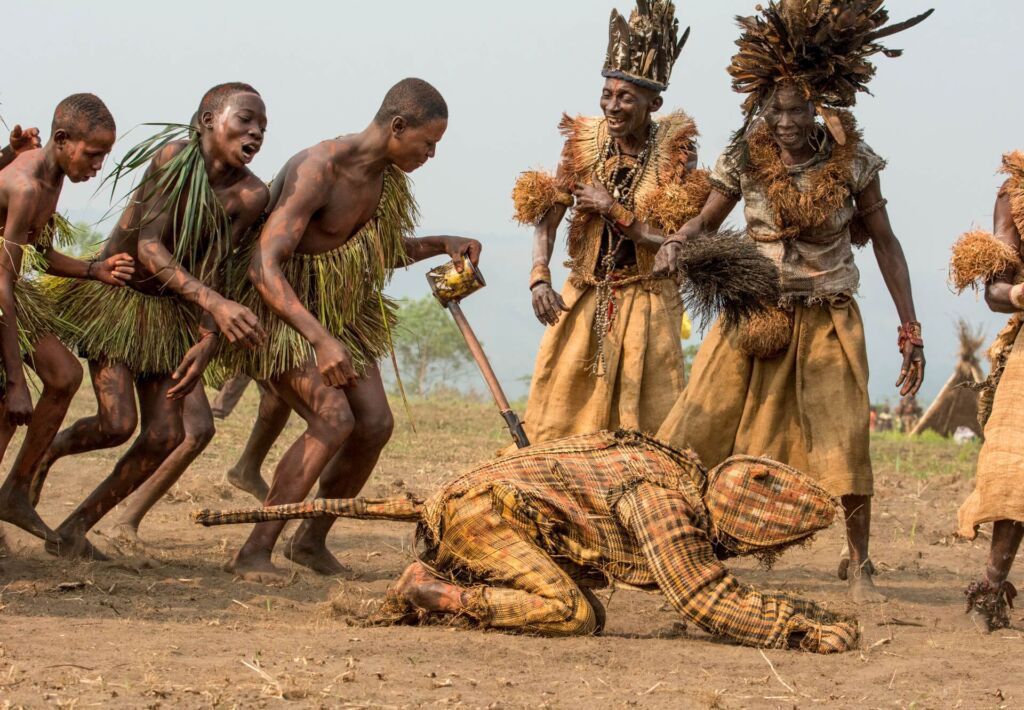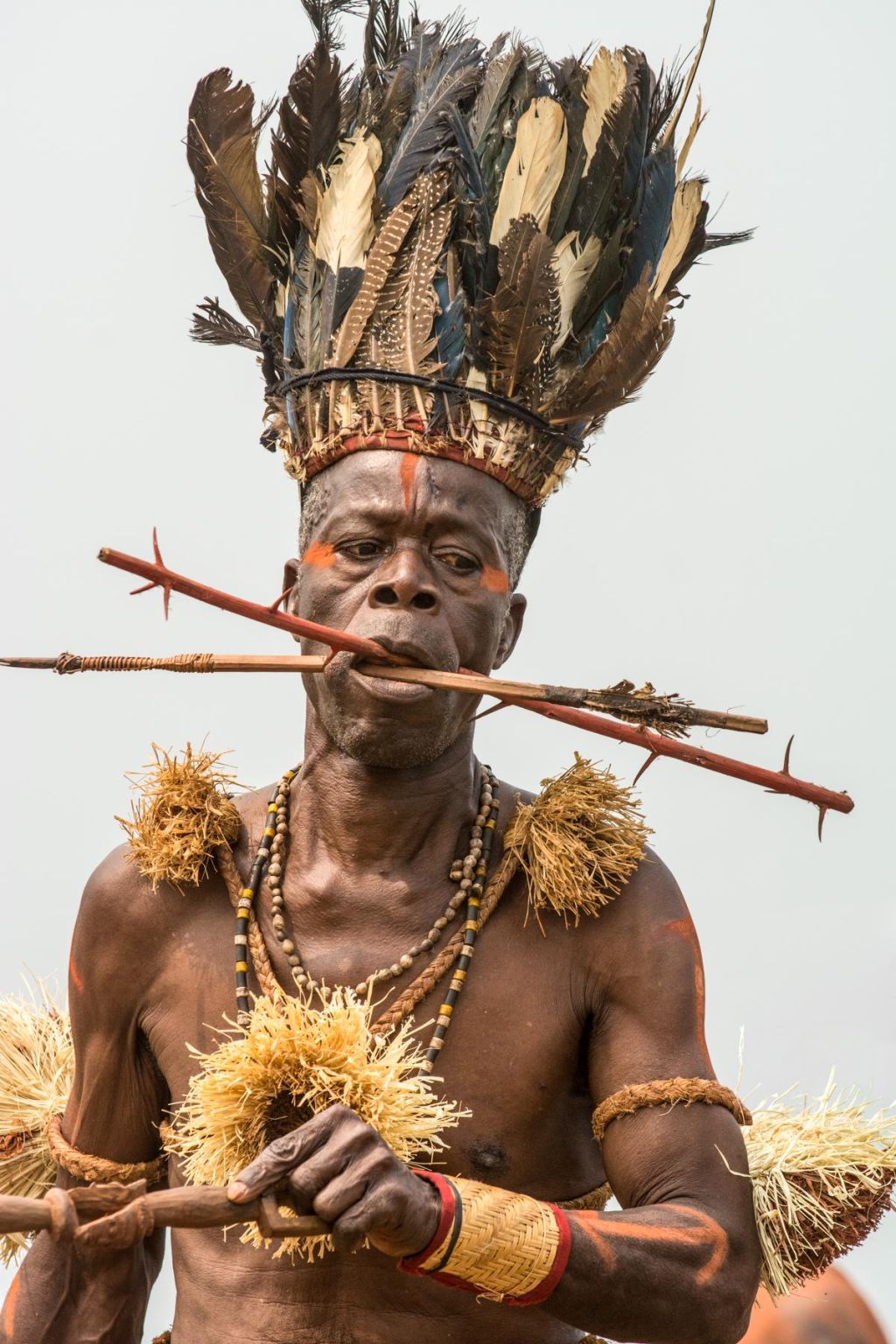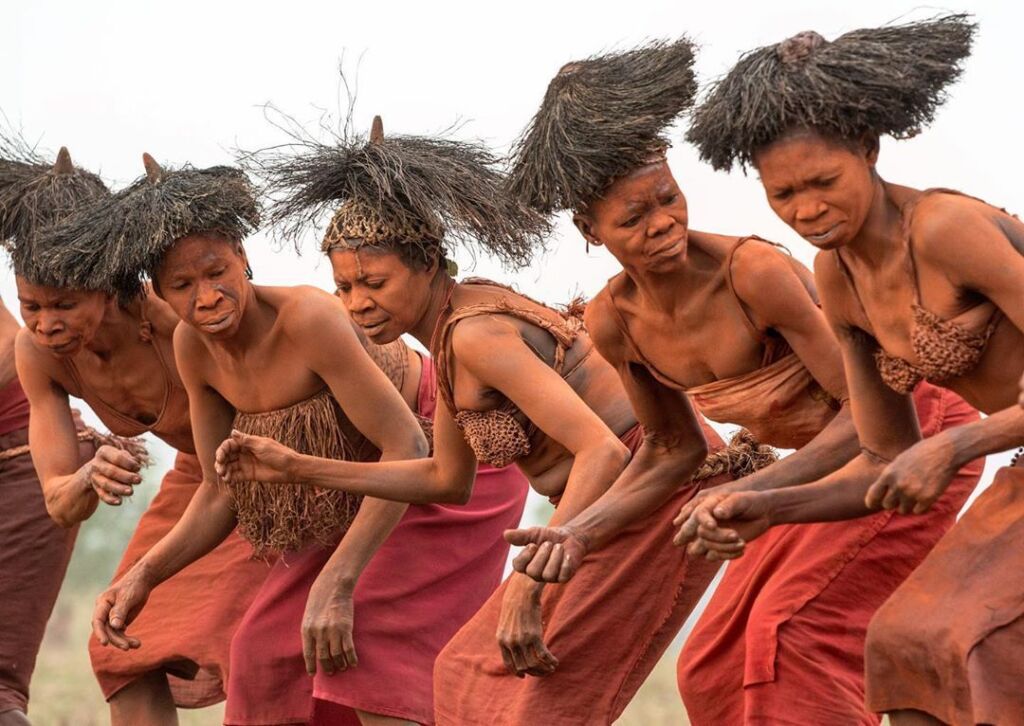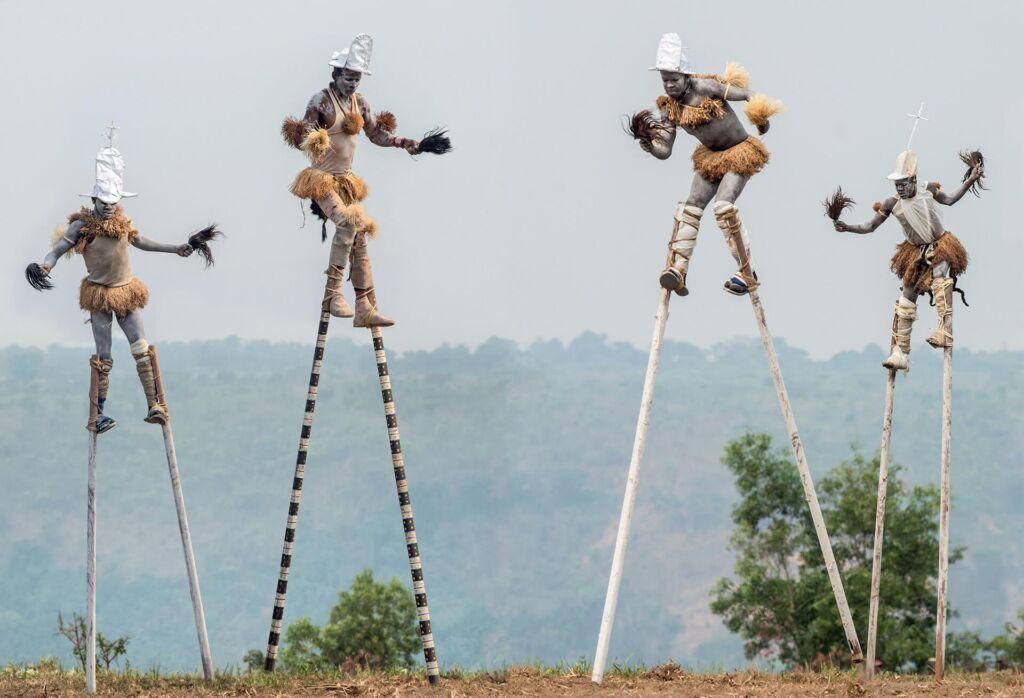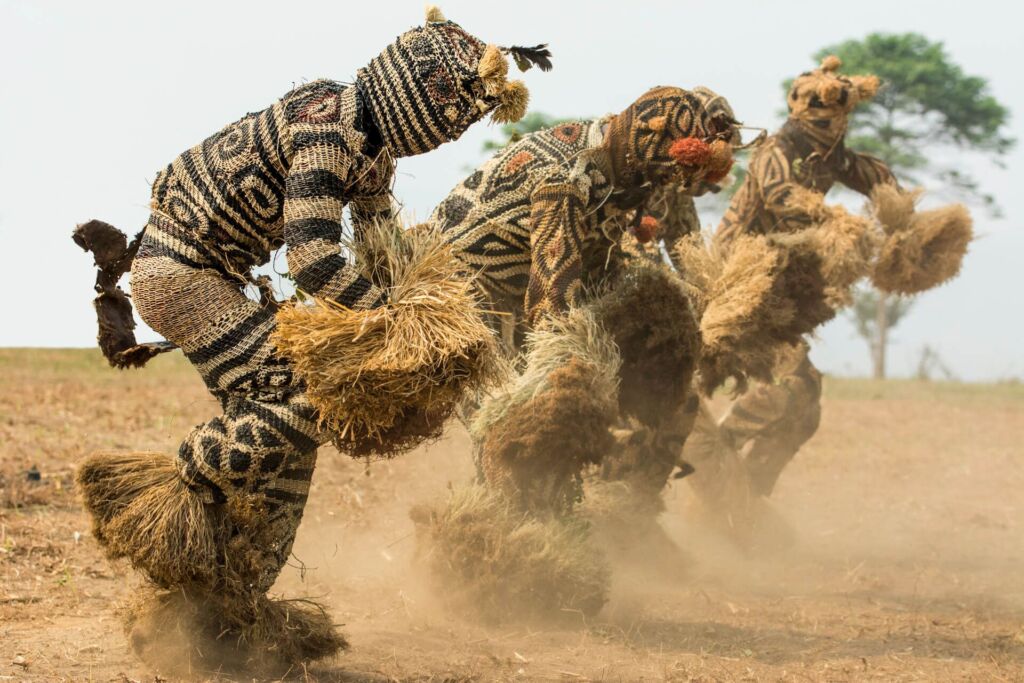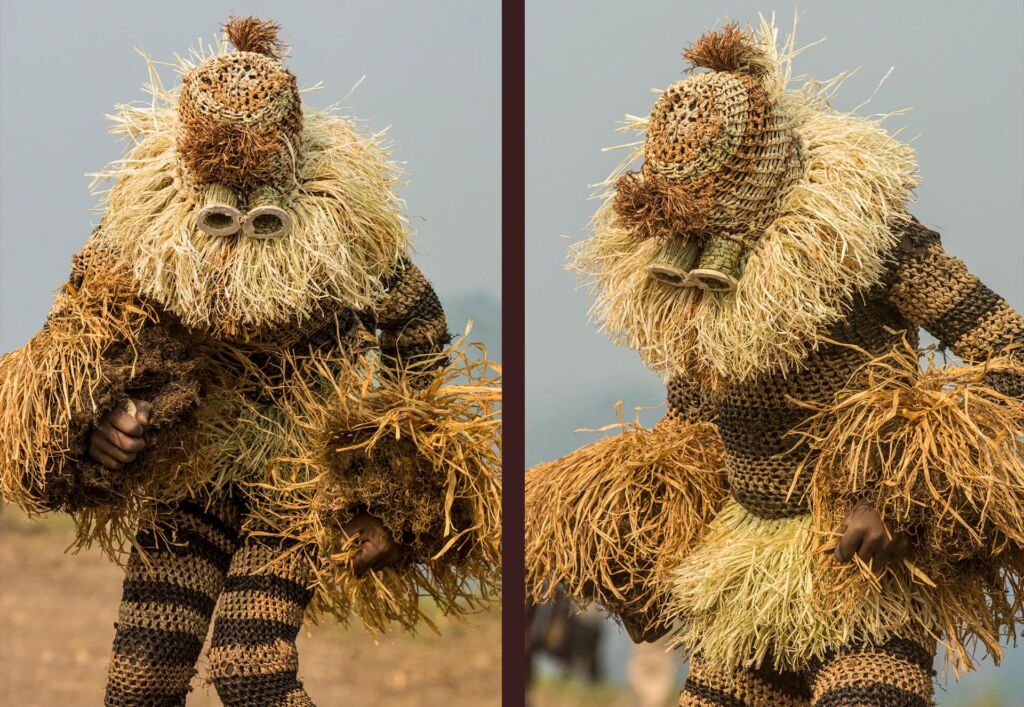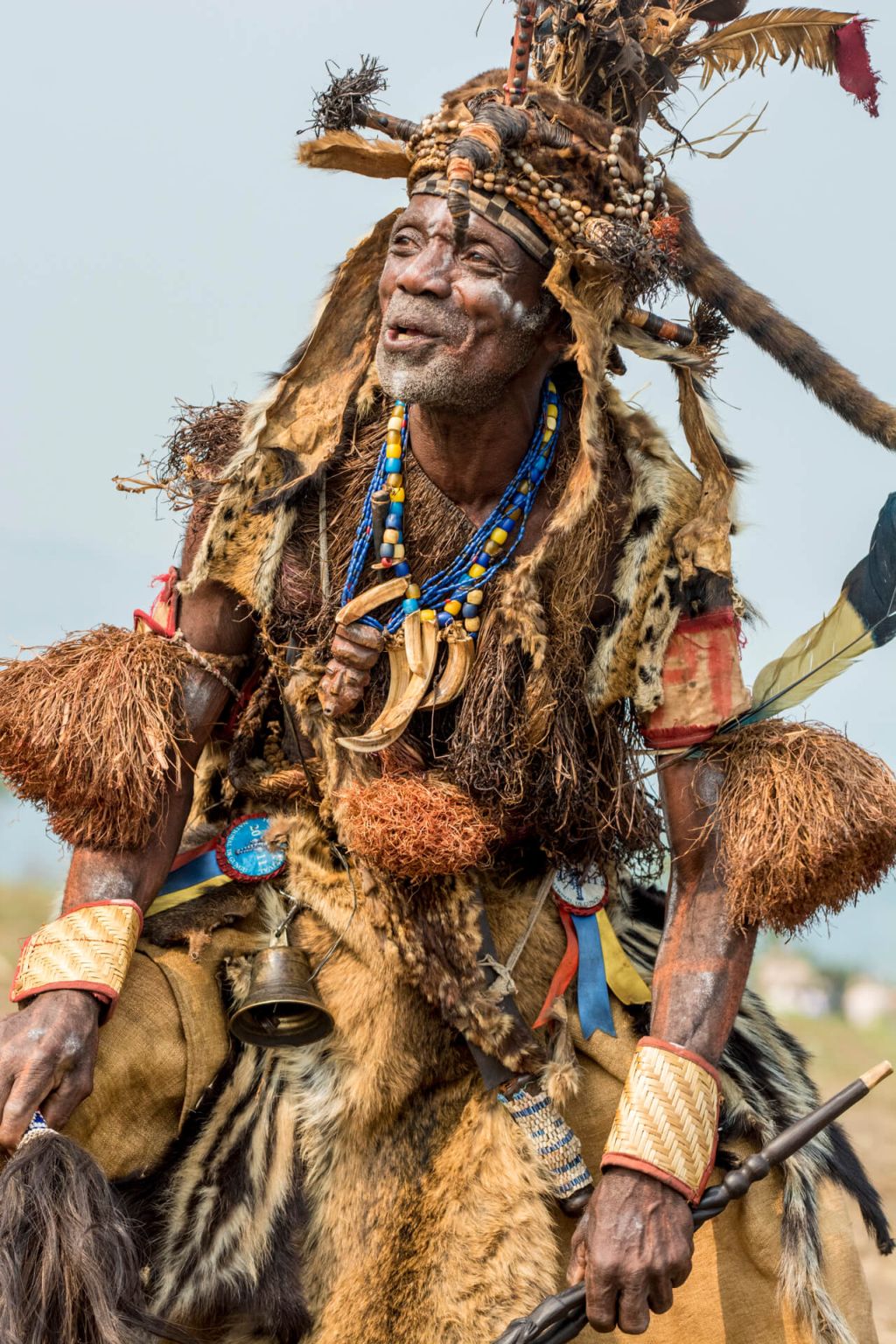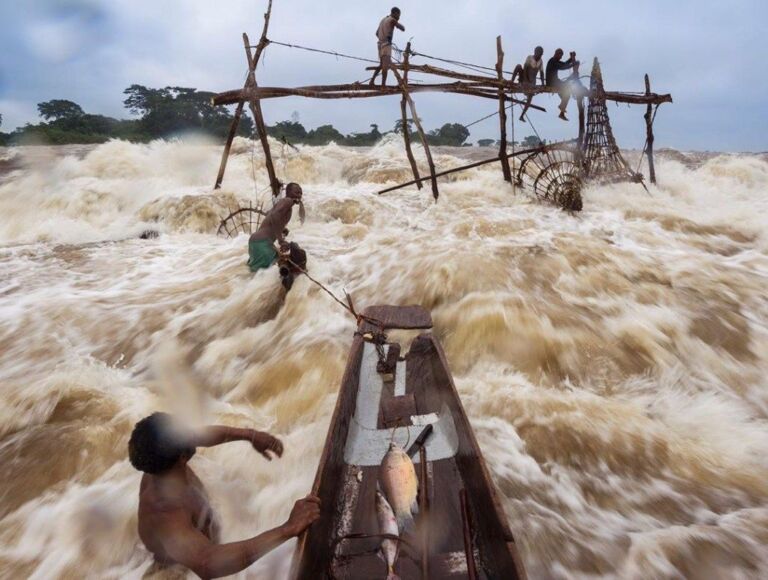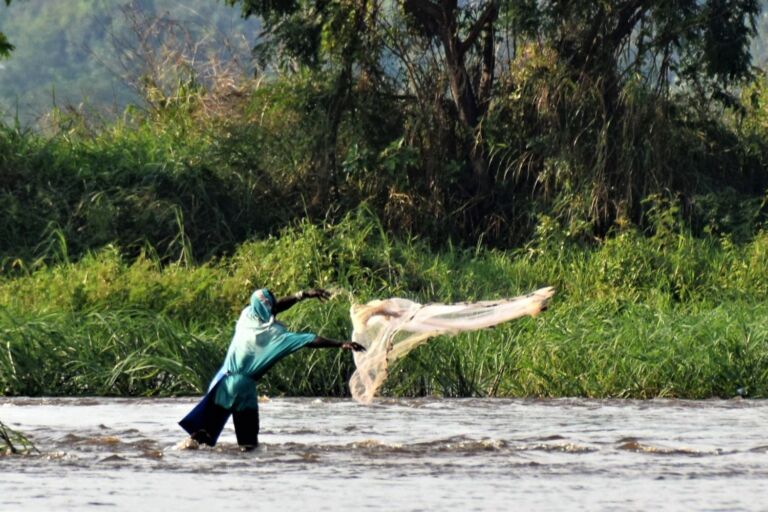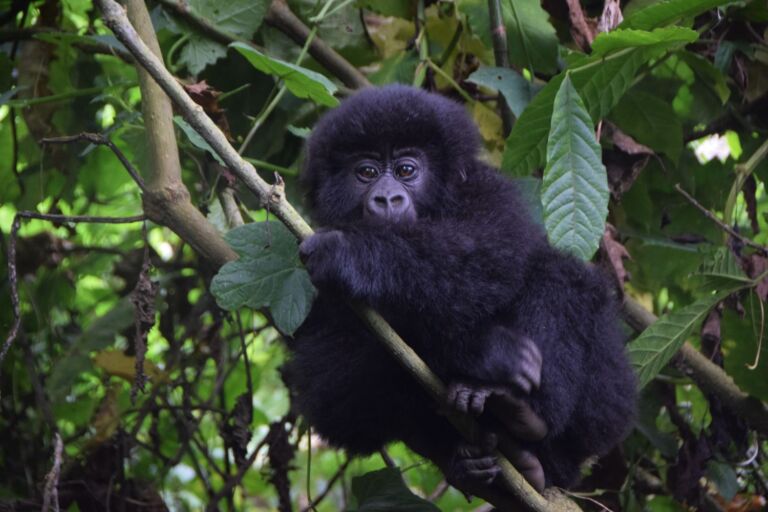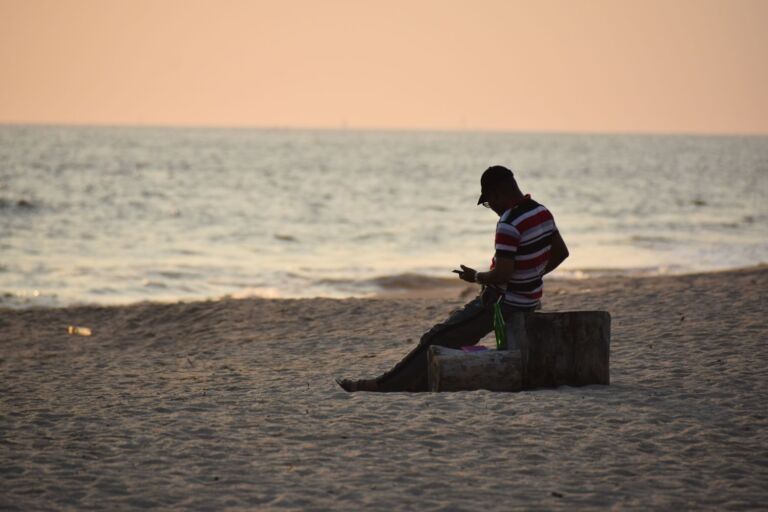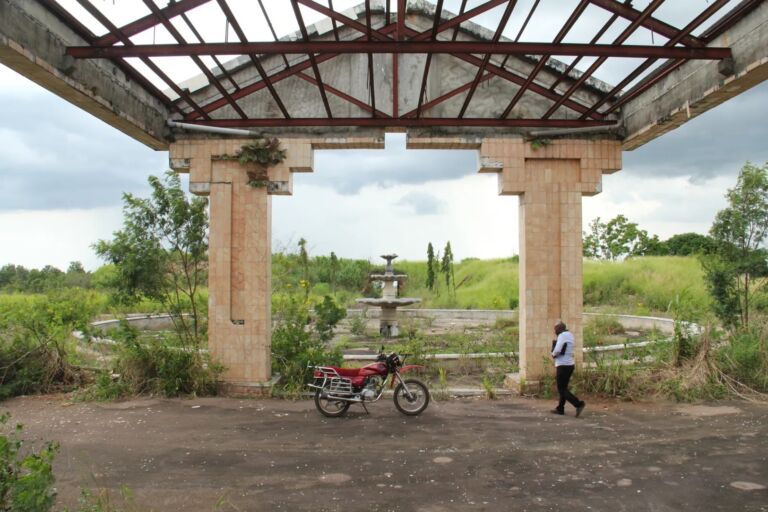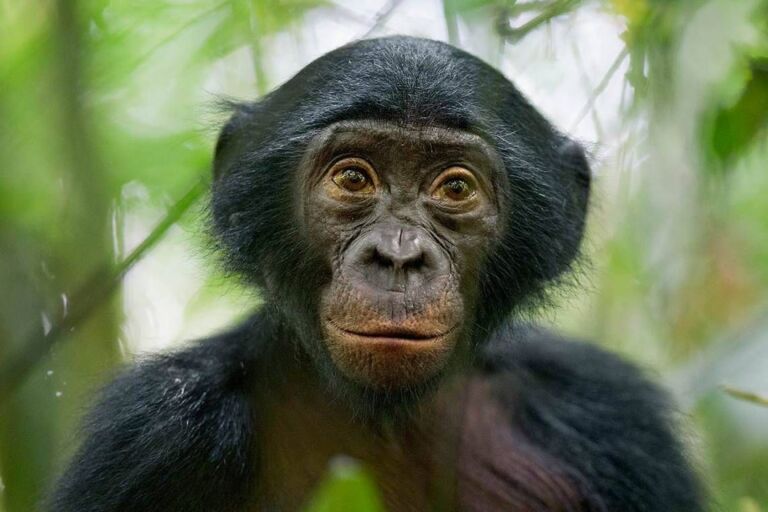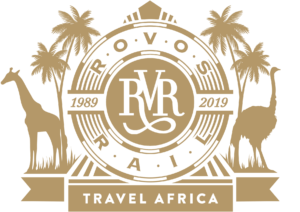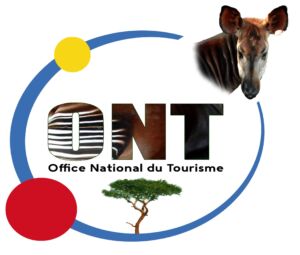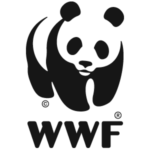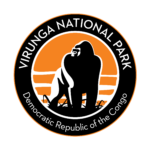In the Kwilu Province in the Democratic Republic of Congo we find the town of Gungu, west of the Kwilu River. It is a small town with around 24.000 inhabitants and not easily reachable, especially the last parts when coming from Kinshasa. You’ll need a 4x4 or a motorbike to go there. Gungu is famous for the Gungu Festival which is held there by the Pendé and it is possible to book a place for the Gungu Festival at our group tour for 2023 and 2024 with Congo Travel And Tours. This trip will start from Kinshasa.
On the 21st of July there is an annual festival (though canceled during covid) which initially took place in Gungu and has been around since 1925. The 21st of July is the Belgian national holiday and the Pende people used to meet on this day. In 1960, when Congo was declared independent, the Gungu festival stopped and it was only in 1998 the festival started back again. The Gungu festival is a spectacular sight with amazing costumes and very unusual masks which have taken a lot of work to be created. The Gungu festival is drenched in ancient symbolism and traditions and through dance, music and theater stories are told and feelings are expressed. There are still many Pende who practise these old traditions, dances and art.
The masks are meant to get in contact with the spirits of the dead and to promote fertility and strive for balance with nature. Costumes are made by raffia and young boys are prepared for adulthood through traditional schools, called Mukanda.
The Minganji are their circumcision masks, are the emblems of the festival.
The Pendé (Mupende - bapende) are an ethnic group in the south-west of the Democratic Republic of the Congo known for their art. There are over 250.000 Pendé in the Congo and their language is called Kipende. There are two subgroups: the Western Pendé and the Eastern Pendé, but they can be seen as one group without central leaders. Their structure is based on family and not on chiefs and ancestor worship plays a big role in the Pende culture. Artists play an important role in society and masks and initiation rituals are some of the most important elements of Pendé culture.
In 1931 the Pendé revolted against the Belgian authorities and this was one of the biggest rebellions against the regime before world war 2.
Note, that for several years the Gungu festival was held in other places. It’s supposed to go back to Gungu, but just like anything in Congo, there is never a 100 pct guarantee as the date might be postponed or the place changed.
It usually is the 21st of July and it is necessary to book at least 2 months in advance by a deposit.
Itinerary:
Day 1: Arrival in Kinshasa (14/07)
Airport transfer to Kinshasa
Day 2: Kinshasa City Tour (15/07)
We’ll do a city tour in Kinshasa visiting the Congo River rapids, the Académie des Beaux-Arts, the cathedral and we’ll also cover a part of the city on foot to get a better grasp of the local atmosphere.
Day 3: Bombo Lumene Reserve (16/07)
Bombo Lumene is a charming little reserve north of Kinshasa and west of Kikwit. As traffic around Kinshasa is horrible at times, there is little point in trying to reach Kikwit in one day as it will be too tiring and there are many checkpoints. That’s why we’ve decided to take advantage to explore this little gem today. We’ll jump in the river, have a walk and will relax by the campfire in the evening.
Day 4: Kikwit (17/07)
We’ll drive over the Kwango Bridge where we’ll take a small stop to admire the river and will then continue all the way to Kikwit where we will arrive somewhere in the afternoon. We’ll have a stroll in town and will stay for the night in a basic hotel.
Day 5: Gungu (18/07)
Today we’ll go to Gungu where we will get our accommodation and will get our first introduction to the village.
Day 6: Lufuku Waterfalls (19/07)
Today we’ll go on a little expedition to see the Lufuku Waterfalls and discover the surrounding area.
Day 7 to 9: Gungu Festival (20/07 - 22/07)
During these three days we’ll be enjoying the festivities. We’ll stay in basic accommodation and we’ll be eating basic local meals.
Day 10: Kikwit (23/07)
Today we’ll drive back to Kikwit where we will stay for the night.
Day 11: Bankana (24/07)
We’ll stay in a tented camp near a small river on the Batéké-plateau today. We’ll have a few hours in the afternoon and will relax by the campfire.
Day 12: Kinshasa (25/07)
Today we’ll drive back to Kinshasa and we’ll bring you back to the hotel.
Day 13: Departure
We’ll bring you back to the airport today. End of tour.
Includes:
- Accommodation: midrange and camping
- Access to the festival
- Transport with guide
- Professional guide
Doesn’t include:
- Meals and drinks
- Flights
- Visa
"Hi JasmineThanks for services. All run perfectly and we spent very lovely days. I hope to back in future.
Thanks again and cheers"- Stefano P., group of 3 Congo River and Congo Forest Villages Boat Route




